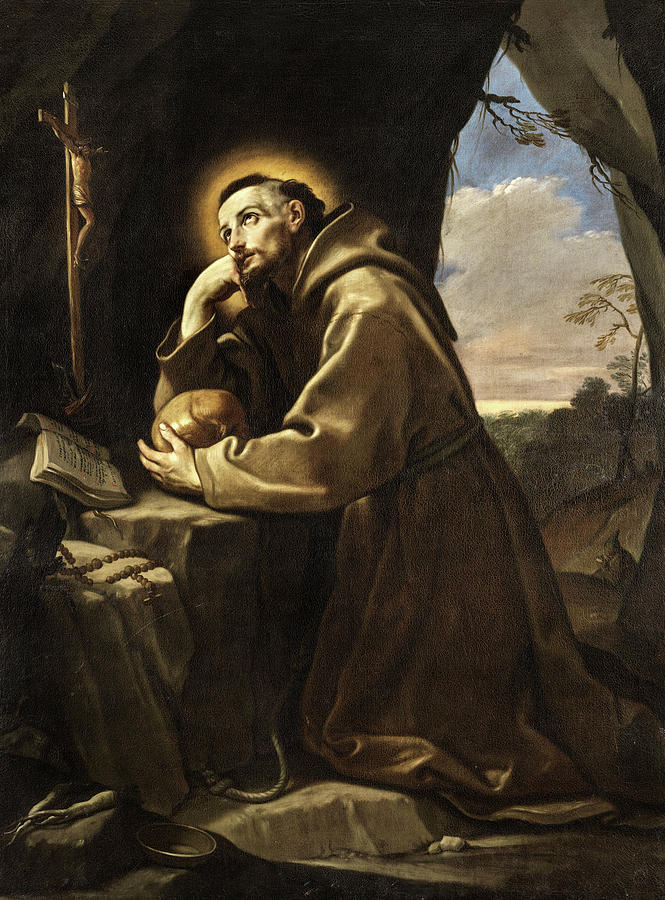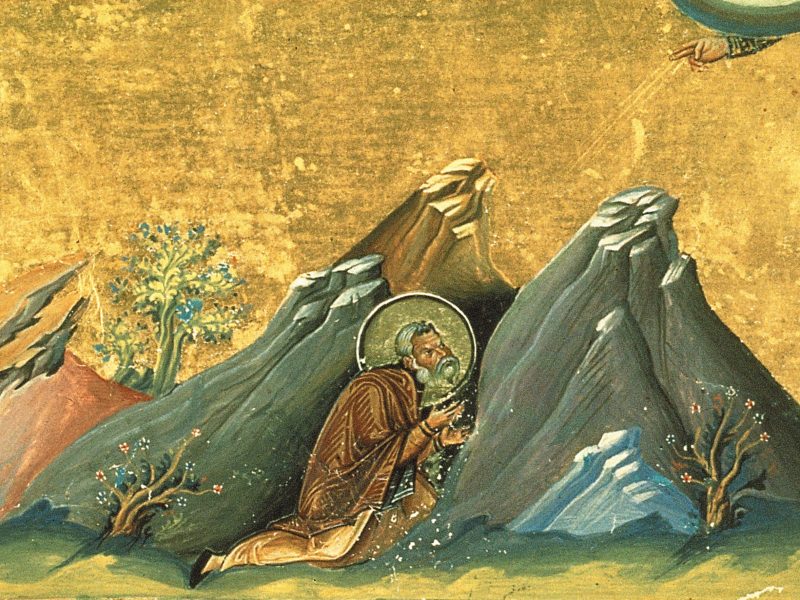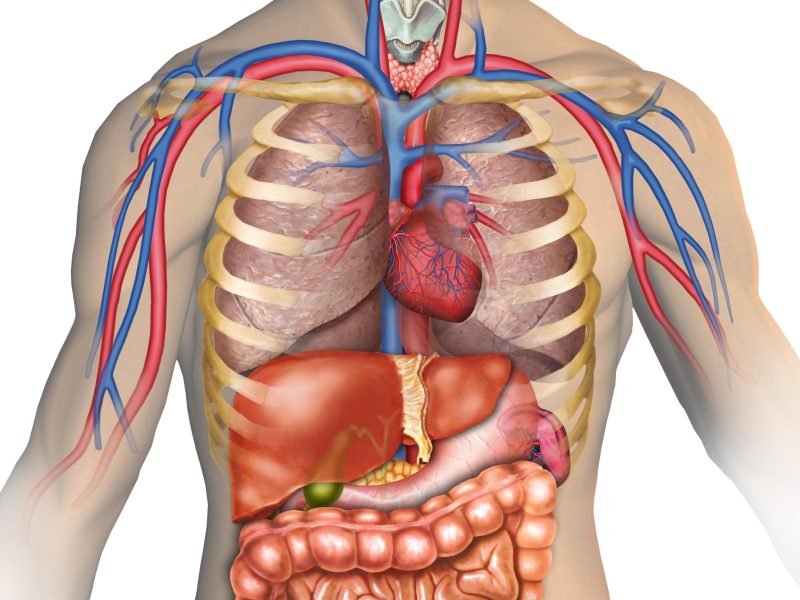Newsletter for 8/6/22
by Gideon Lazar
In last week’s newsletter, I discussed the theological importance of creation. This week, I will continue to share my talk from our recent conference by talking about the spiritual importance of creation.
In both of the theological issues I discussed last week, there is a closely tied spiritual issue: is Catholicism true? Modernity wants to separate the realms of truth and religion. It is perfectly fine to have your religion, but it has to be private because it’s not really true. It’s just your belief, and everyone is entitled to his own belief. Truth is something located in this world, and since the world is pure matter, only science can discover genuine truth.
Many contemporary apologists rightly challenge this notion as incoherent. If Christianity is not true, what is the point of believing in it? While these apologists allow truth to enter into spiritual questions, most unfortunately accept the poison pill of modernity: that the spiritual and the material are still separate realms. Science deals with the material, and theology with the spiritual. Thus, while these apologists are willing to defend the truth of Christianity, they are not willing to defend its truth in this material world. It is true in its own separate order.
As pointed out above though, this is fundamentally gnostic. Christianity is a religion that is very interested in this material order. This is very spiritually relevant because many today do not feel that their faith is something that exists in this world. They have to sustain a constant cognitive dissonance to keep their faith. However, creation proclaims something radical: the Catholic faith is the true story of this world. This means God really intervenes in history. This means God really answers our prayers. This means God really intervenes in our life.
I saw this play out in my own life. When I came to Christ at the age of 16, I struggled a lot to really believe in the truth of divine providence. I was convinced intellectually of the truths of Christianity. I believed in the incarnation, death, and resurrection of Our Lord. But it was all intellectual. I struggled to pray because if prayer really worked, that made a claim about this real world. I could hold the death and resurrection of Christ as real because they happened in a small section of the world long ago. But I also believed in Darwinism as it was what I had been taught in school. Darwinism still made me functionally a materialist. If prayer really worked, that would mean naturalism is false and God really works here in this world. However, once I came to believe in creation as it is taught by scripture, I have no longer had any qualms about believing in the efficacy of prayer. I know that God is the God of this world, and if He can bring the world into creation out of nothing, then he can answer prayers too. Likewise, if He has guided the history of Israel and lives of countless saints, then He can certainly guide my own life. There is therefore no need for worry or anxiety. As St. Paul says, “we have peace with God through our Lord Jesus Christ” (Rom 5:1).
Believing in creation also allowed me to see the beauty of the created order. According to Darwinism, everything is the way it is because it is best suited to the environment that way. However, according to scripture everything is the way it is because God designed it that way. The created order teaches us things about God. St. Basil for example invokes different animals as moral examples for us. When scripture uses the ocean to represent chaos and death and land to represent Israel and the Church, this is not the prophets arbitrarily picking things in the world to use as metaphors. Rather, God created land and sea as symbols which the prophets then invoke to help us understand the created order. Symbolism is not something imposed upon creation, but something that arises naturally from it because the same God created both the physical world and the scriptures. Belief in creation allows for a spiritual contemplation of the created world.
One last spiritual issue I wish to touch on is the problem of evil. If God exists, why is there evil. This is the most common objection any form of theism receives. This can easily be answered by invoking free will. However, the more intelligent atheist would point out that this only explains away human evil. Natural disasters and animal suffering are not explained by this. While philosophers have answers for these, some of them quite good, a simple answer for one who believes in creation is: free will also caused this suffering. Originally, there was no death of suffering in the world, even for the animals. It is only human sin which ruptured the created order and brought about suffering. Likewise, none of this suffering is in vain. Christ has redeemed the whole cosmos and is returning soon to put everything in its right place.


